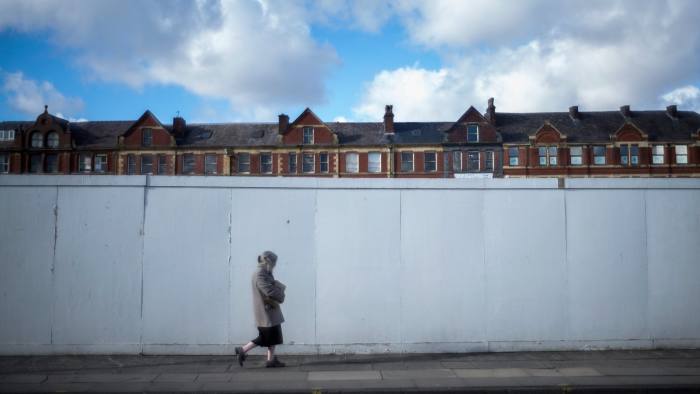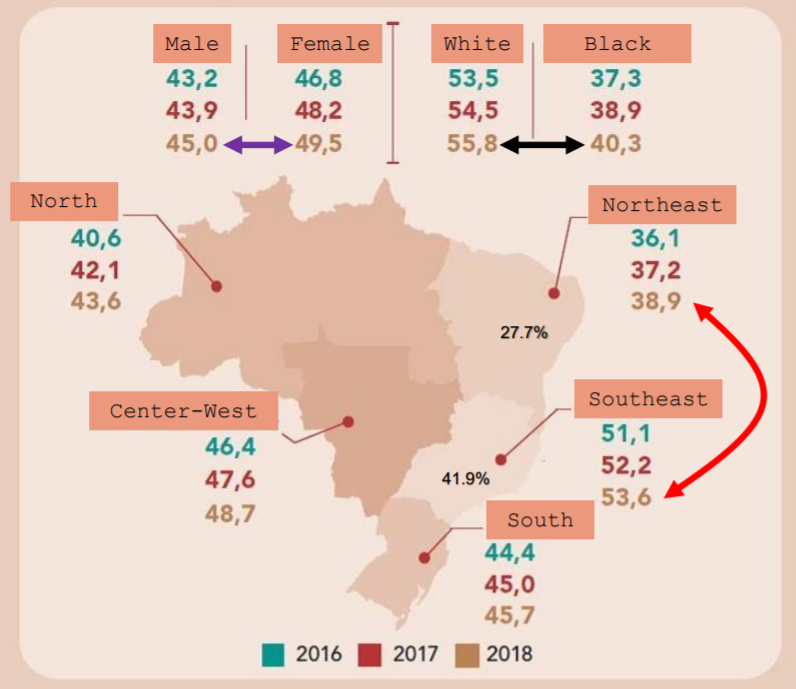Welcome to 'Wealth Inequality Across the Globe' With Professor Li Chunling, Professor Louis Chauvel, Sventlana Mareeva, Professor Celi Scalon, Professor Kwang-Yeong Shin and @MikeSav47032563
The theme today is to understand how we respond to the challenge of intense inequality in many parts of the world. Today we have a group of sociologists who want to respond to the challenge economists have laid down. @MikeSav47032563
Professor Louis Chauvel lays out the debate. Why is wealth crucial now? Compared to income there is no middle class of wealth, you have simply a mass of people with no wealth or negative wealth.
Professor Louis Chauvel: In France you would need 123 years of accumulated average income to reach the wealth of the top 1%. This is a problem for the middle class, but it is even worse for the working class
The need for multi-thematic international comparisons: Today is an opportunity to discuss wealth inequality across the globe.
It's important to hear voices from other parts of the globe - we begin with Professor Li Chunling speaking about her research on China and Housing-based wealthization. From a society with high equality and scarce wealth to a society with high inequality.
Professor Li Chunling: China has 86,000 families with wealth of more than $30 million. A process of new wealth accumulation driven by marketisation and privatisation. There has been rapid growth of family housing wealth, from communal living to private housing.
China has experienced a different process of wealthization to Western countries but faces similar social consequences - emergent class systems
We move onto the case of Brazil, another rapidly growing economy. Andre J. Caetano discusses the gains and losses in Brazilian society. We must understand the importance of gender, race and region.
The modest advances between 2001 and 2008 were overturned in the following 7 eyars, Brazil is heading neither towards a less unequal income or a more middle class society
Professor Kwang-Yeong Shin talks to us about his research from South Korea. Survey data is not useful for inequality research as it focusses on income inequality, wealth inequality is much greater than income inequality. The main reason for this is the lack of wealth data.
A new trend in South Korea of increasing polarisation of income and wealth. Conventional factors like education cannot explain this. Professor Shin focusses on the impact of loans. The rich tend to have larger debt, the poor cannot access loans because of poor credit.
We now turn to Svetlana Mareeva from Moscow. Russia has transformed from a society of mass poverty to a mass middle-income society. During the last 20 years the middle income group has expanded while the low and high income groups have contracted
However, if we look about income/wealth concentration we see a very different picture. If we measure income through wealth Russia is one of the most unequal societies in the world. The top 1% hold 43-56% of wealth.
Across society Russians perceive this inequality as unfair and believe the government should reduce the gap between the rich and the poor.
All of our panellists have demonstrated that accounting for wealth gives us a much bleaker image of inequality across the globe. @MikeSav47032563

 Read on Twitter
Read on Twitter




